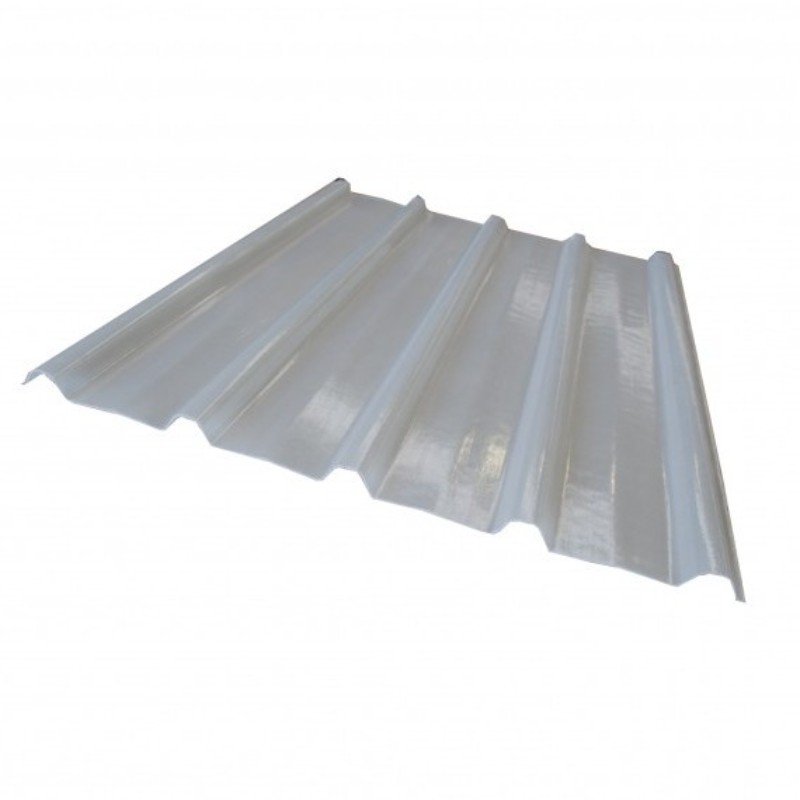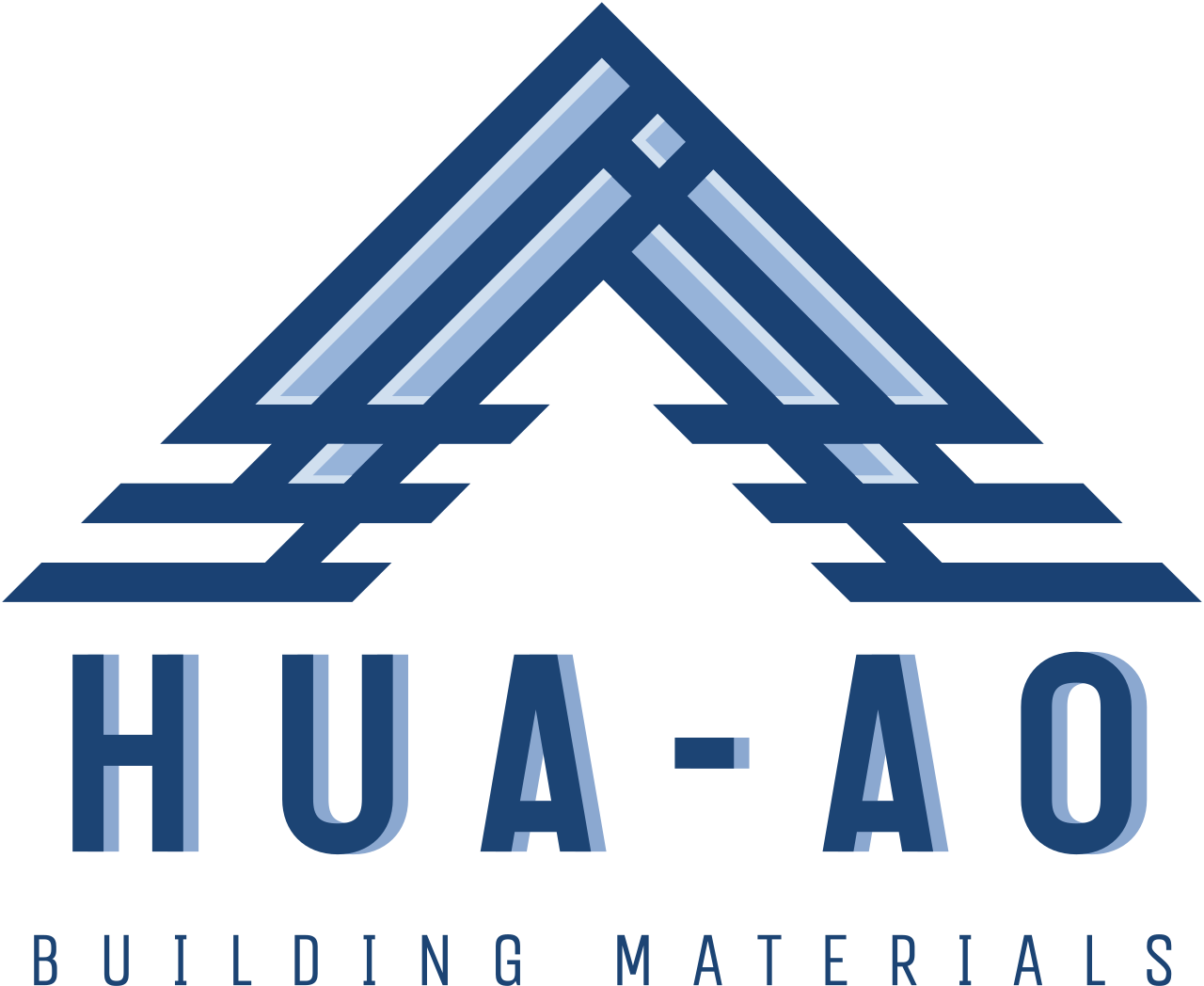
Are you confused about all these different types of materials? Here we will give you a breve introduction and hope it will help.
PVC (Polyvinyl Chloride), UPVC (Unplasticized Polyvinyl Chloride), PC (Polycarbonate), and fiberglass sheets are materials with distinct properties. Here are the key differences between them:
PVC (Polyvinyl Chloride):
Composition: PVC is a type of plastic made from vinyl chloride monomers.
Characteristics: Flexible, lightweight, and cost-effective.
Use Cases: Commonly used in construction, signage, and various applications due to its versatility.
Limitations: Can become brittle over time, may not be as impact-resistant as other materials.
UPVC (Unplasticized Polyvinyl Chloride):
Composition: Similar to PVC but without plasticizers, making it rigid and more durable.
Characteristics: Stiffer and more resistant to chemicals than PVC.
Use Cases: Often used in construction for pipes, window frames, and roofing.
Limitations: Can be less flexible than PVC.
PC (Polycarbonate):
Composition: Made from bisphenol A (BPA) and phosgene, forming a thermoplastic polymer.
Characteristics: Transparent, high impact resistance, lightweight, and good thermal insulation.
Use Cases: Commonly used in roofing, greenhouses, eyewear lenses, and electronic components.
Limitations: Susceptible to scratches and may yellow over time with UV exposure.
Fiberglass Sheets:
Composition: Made from fine glass fibers embedded in a polymer resin matrix.
Characteristics: Strong, lightweight, durable, and resistant to corrosion.
Use Cases: Widely used in construction, automotive, marine, and industrial applications.
Limitations: Can be more rigid compared to some plastics, and the appearance may change over time.
Key Comparisons:
Flexibility:
PVC and UPVC are flexible plastics.
Polycarbonate is rigid but can be more flexible than fiberglass.
Fiberglass sheets are rigid but can have some flexibility.
Weight:
PVC, UPVC, and fiberglass sheets are generally lightweight.
Polycarbonate is lightweight as well.
Transparency:
PVC and UPVC are usually opaque.
Polycarbonate is transparent or translucent.
Fiberglass sheets transparent or translucent.
Impact Resistance:
Polycarbonate and fiberglass sheets are known for high impact resistance.
PVC and UPVC have moderate impact resistance.
Resistance to Corrosion:
PVC, UPVC, polycarbonate, and fiberglass sheets are generally resistant to corrosion.
Durability:
Fiberglass sheets are known for their durability and resistance to harsh environmental conditions.
Polycarbonate is durable but may scratch.
PVC and UPVC are durable but can become brittle over time.
Cost:
PVC and UPVC are often more cost-effective.
Polycarbonate and fiberglass sheets may have higher initial costs but can provide long-term value.
Choosing the right material depends on specific project requirements, such as the desired level of flexibility, transparency, impact resistance, and environmental factors. Each material has its own set of advantages and limitations.












